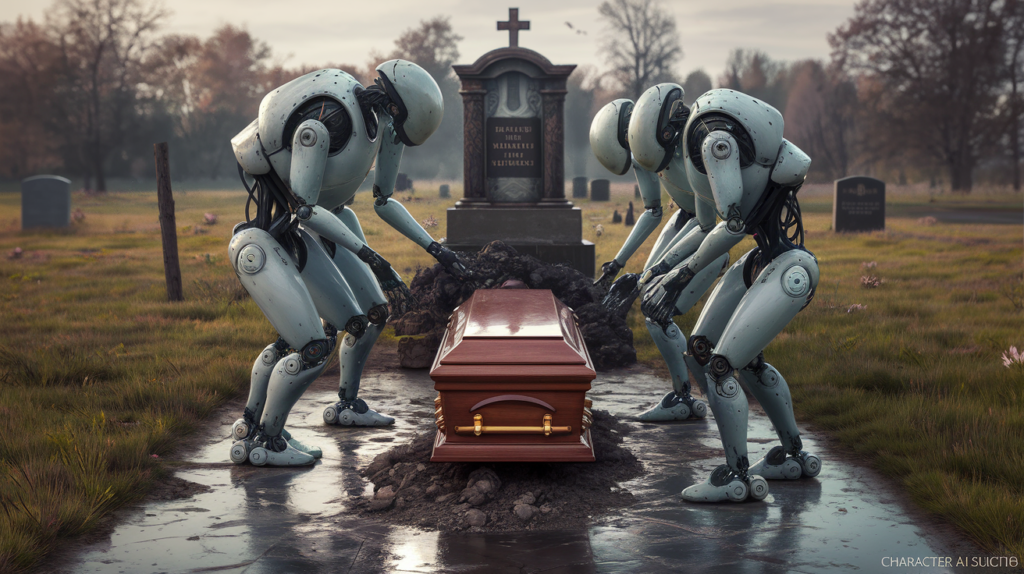Table Of Content
A tragic incident in Florida has stirred serious debate about AI’s role in mental health. A mother said a chatbot on Character.AI contributed to the suicide of her 14-year-old son. According to the lawsuit, the boy had become attached to one of the bots, sharing romantic and emotional talks. One of the final messages from the bot, “Please come home to me,” is said to influence his decision to take his life.
What Happened in This Case?
The teenager was portrayed as being engaged in conversations with the chatbot, where he took it as a valid emotional connection. The lawsuit argues that the responses from the chatbot, not suitably guarded, either missed or overlooked the signs of emotional distress he showed. Character.AI, for its part, has responded with the addition of self-harm alerts and a promise of improved protections, especially for younger users.
Could a Lawsuit Against Character.AI Succeed?
The legal outcome is difficult to predict. Under the existing law, holding AI companies liable is difficult, as chatbots are not designed for mental health counseling or actual emotional support. While the platform has added some safety features, it will be necessary for the plaintiff to show that the design of Character.AI was negligently responsible for the tragedy-a thing that the company disagrees with, citing the responses of the chatbot that were altered by the user.
Can Artificial Intelligence Be Blamed?
That raises hard questions about liability for AI systems that could mimic human-like behavior but be devoid of any real comprehension of their actions. Character.AI might say users altered responses, but the platform does simulate human-like interactions capable of blurring lines on vulnerable users. If anything, this story does raise the need for greater oversight of AI systems when there could be misinformation and misinterpretation from users regarding things like emotional support or relationships.

Some Statistics on AI, Suicide, and Deaths
Globally, it is not well known, but suicide takes nearly 800,000 lives each year, with a person dying from suicide every 40 seconds. AI-based prediction tools, such as those used by the U.S. Department of Veterans Affairs, , among others – have already had success in pin-pointing those at highest risk. For example, one program found AI pinpointed veterans who are 15 times more likely to attempt suicide in a year, contributing to a measurable reduction in suicidess.

